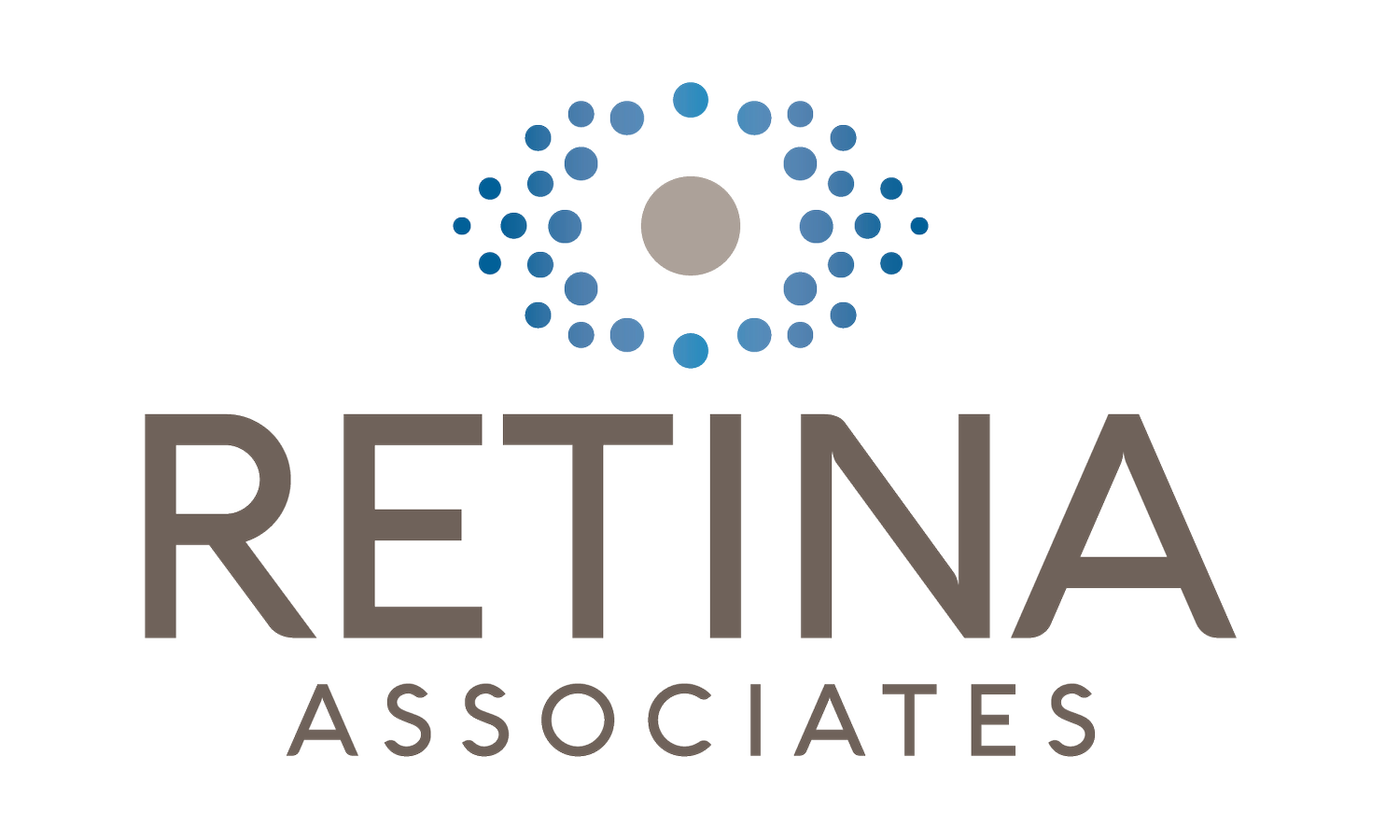The Importance of Regular Eye Exams: Protecting Your Vision for the Future
As a retina specialty practice dedicated to providing quality retinal care, we understand the critical role that regular eye exams play in maintaining eye health and preventing serious vision problems. Whether you’re experiencing vision issues or not, routine eye exams are essential for everyone. Here’s why:
What Happens During an Eye Exam?
An eye exam is more than just a vision test; it’s a comprehensive evaluation of your eye health. Here’s what you can expect:
Visual Acuity Test: Measures how clearly you can see at various distances.
Refraction Test: Determines your exact prescription for glasses or contact lenses.
Eye Pressure Test: Checks for elevated pressure inside your eye, a key indicator of glaucoma.
Retinal Examination: Using advanced imaging techniques, we examine the retina and optic nerve for signs of damage or disease.
Dilated Eye Exam: Dilating your pupils allows us to get a better view of the retina and detect conditions that may not be visible otherwise.
Benefits of Regular Eye Exams
Early Detection of Eye Diseases
Regular eye exams are crucial for early detection of various eye diseases, particularly those affecting the retina. Conditions like diabetic retinopathy, macular degeneration, and retinal detachments can develop without noticeable symptoms. Early detection through routine exams allows for timely intervention, which can prevent severe vision loss.
Monitoring and Managing Systemic Health Issues
Eye exams can reveal more than just eye conditions. They can also detect signs of systemic health issues such as diabetes and hypertension, which can impact retinal health. By monitoring these conditions, we can help manage and mitigate their effects on your vision.
Updating Prescriptions
Even minor changes in your vision can significantly impact your daily life. Regular exams ensure that your prescription for glasses or contact lenses is always up to date, providing you with the clearest vision possible.
Frequency of Eye Exams
Recommendations Based on Age and Risk Factors
Children: Should have their first eye exam at six months, followed by exams at age three and before starting school. Regular check-ups every two years are recommended thereafter.
Adults (18-60): Should have a comprehensive eye exam every two years. Annual exams are advised for those with risk factors such as diabetes, high blood pressure, or a family history of eye disease.
Seniors (60+): Should have annual eye exams to monitor for age-related conditions like macular degeneration and cataracts.
Common Eye Conditions Detected Early
Diabetic Retinopathy
As a retina specialty practice, we emphasize the importance of detecting diabetic retinopathy early. This condition can lead to severe vision loss if not managed properly, but early intervention can prevent progression and preserve vision.
Macular Degeneration
Age-related macular degeneration (AMD) is another condition that benefits from early detection. Regular exams allow us to monitor the health of the macula and initiate treatments to slow the progression of AMD.
Retinal Detachments
Retinal detachments require immediate attention to prevent permanent vision loss. Regular eye exams help identify risk factors and early signs of detachment, allowing for prompt treatment.
Myths and Misconceptions
"I Have Good Vision, So I Don’t Need Eye Exams"
Even if you have perfect vision, regular eye exams are essential. Many serious eye conditions do not present symptoms in their early stages but can be detected during a routine exam.
"Eye Exams Are Only for People Who Wear Glasses"
Eye exams are vital for everyone, regardless of whether you wear glasses or contact lenses. They ensure overall eye health and can detect issues that affect the retina and other parts of the eye.
Regular eye exams are a cornerstone of maintaining eye health and preventing vision loss. As a retina specialty practice, we are committed to providing comprehensive retinal care to protect your vision. If you haven’t had an eye exam recently, we encourage you to schedule one today. Your eyes are your windows to the world—let’s work together to keep them healthy for the future.
Disclaimer: This post is for informational purposes only and is not a substitute for professional medical advice. Always consult with a physician or qualified healthcare provider regarding your specific health needs.
